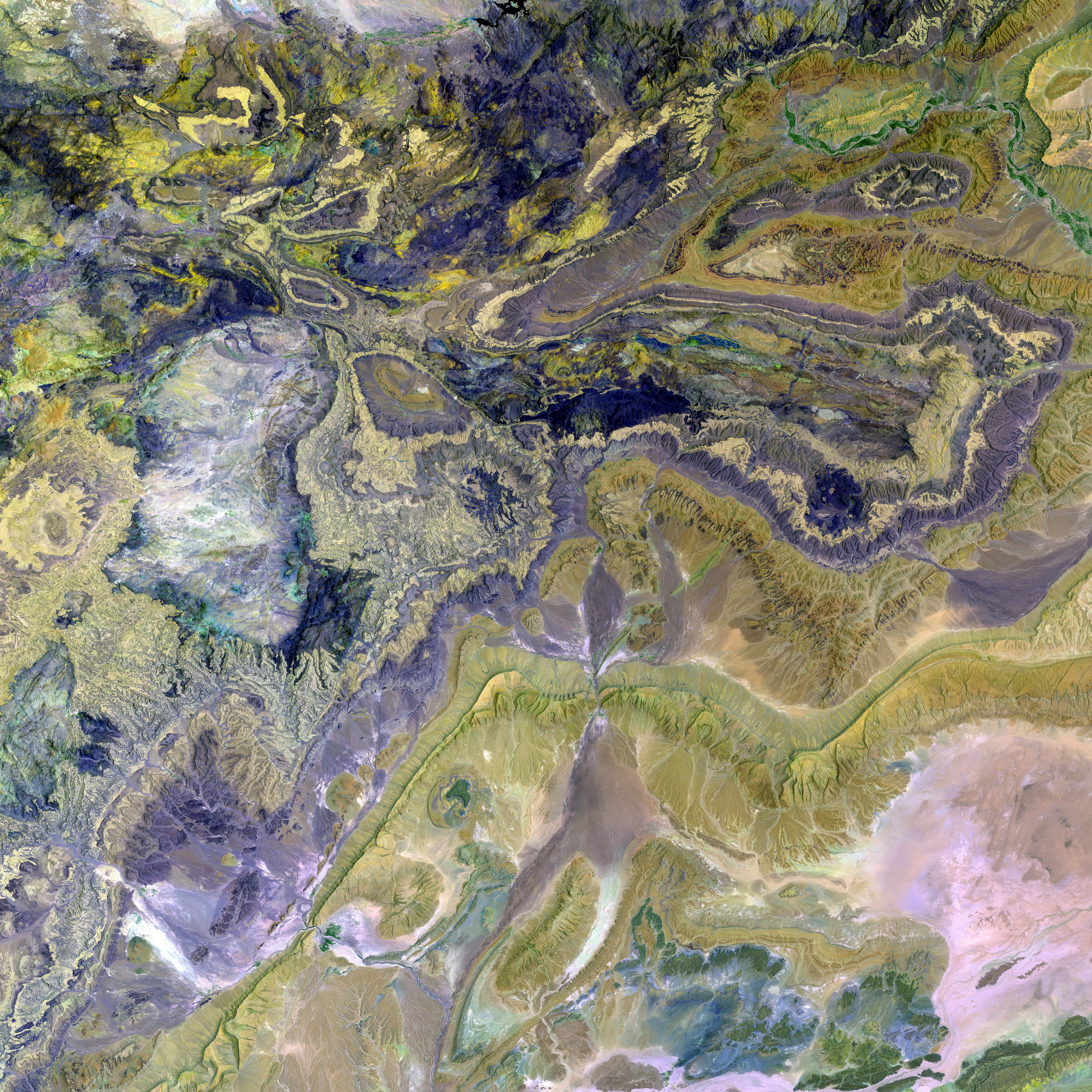Writing Sensuous Scenes and Exciting Actions: A Guide for Writers
Showing off in a screenplay can be a waste of time, and that's exactly what you don't want to do. Yeah, it's tempting to throw in wild action or steamy sex scenes, but instead of impressing your reader, you might just be wasting their precious time.
Writing action and sex scenes can be tricky. We've all been told to keep it brief and avoid huge chunks of description that make our script look like a novel. So, how do you work in that cool car chase or erotic sex moment without tossing in a ton of unnecessary details? The secret is—no one fucking cares.
I know that sounds harsh, but hear me out. Anyone in the industry reading your script doesn't have all day and is reading to see if you can create compelling characters and drag them into your story so they lose track of the page count or the texts pinging on their phone. Yeah, they might be using those texts to read your script, but that's beside the point.
Intricate, choreographed action scenes don't really add much to a script. They just slow things down and soften the momentum. Yup, I've had a few talent reps or producers tell me they often skim a chunk of action to see if any of the leading characters die. The more detailed, the more fucking boring. Sex scenes suffer from a similar issue. Reading about the specifics of whose hand is where and what body part is doing what usually doesn't add much to the script. It often just signals bigger issues with the story and the writer.
A spec script is essentially a calling card for your skills. It's your chance to show you've learned the craft and you're ready to join the show. Your talent is writing. Not stunt coordination, intimacy coordination, or directing. Focus on action scenes that reveal your character's special abilities or quick thinking, or their willingness to take risks. For sex scenes, show the dynamic or tension between the characters and set a tone or establish a relationship that will matter later. No need to write literary erotica, save that for your OnlyFans account.
If you're writing an action movie, you need action, but it doesn't need all the specifics. It only needs to focus on what the audience needs to learn from watching the scene. The same goes for sex scenes; they just need to reveal something about the character dynamics. Don't get too carried away with your creative action or sex scenes. They might signal that you're more excited about inventing these ideas than actually writing a movie.
The bottom line is to think about why your scenes are in your script, what they reveal about your characters, and try not to get distracted by your own excitement. Now you don't have to worry too much about these scenes; throw in enough to show you know what you're doing, and then get back to the job you want to be paid to do—writing a story that entertains millions of strangers all over the world.
Here are some guidelines to help you:
- Focus on clear objectives and stakes: Make sure your characters have a definitive goal and face clear obstacles or opposition. Show what’s at risk to maintain tension and urgency.
- Use concise, dynamic descriptions: Write only what the audience needs to visualize the action’s flow and intensity. Avoid over-describing movements or choreography; suggest rather than detail every punch or step.
- Emphasize changes in the situation: End the scene with a turning point or consequence that advances the story or affects the character.
- Keep external tension high: Action scenes thrive on physical and immediate conflict, so center the scene on these elements.
- Write action as "doing," not excessive inner thoughts or backstory: Screenplays should show what characters physically do, driving the plot forward with active scenes.
- Be economical and suggestive rather than explicit: Avoid graphic, lingering descriptions. Focus on the emotional or narrative significance rather than physical details.
- Use the scene to reveal character or advance the story: Sex scenes should have a clear purpose—character development, relationship dynamics, or plot revelations.
- Show reactions and atmosphere rather than detailed actions: Convey tone, mood, and connection through brief sensory details or character beats without over-explaining.
- Avoid large blocks of description: Keep scenes short and impactful, blending them naturally into the screenplay's pace.
- Write in brisk, active prose: Screenplays favor brevity—describe only what’s essential to understand the scene visually and emotionally.
- Use scene structure to build momentum: Each scene should have a clear arc—setup, conflict/action, and outcome—providing clarity and emotional impact.
- Avoid clichés and redundant information: Prioritize originality and avoid repeating details or stating the obvious.
- Keep formatting clean and straightforward: Use short paragraphs, strong verbs, and precise adjectives to maintain readability and pacing.
- The spec script you write serves as a showcase for your writing talent, demonstrating your ability to craft compelling characters and intriguing storytelling.
- It's essential to write action scenes that reveal your characters' special abilities or quick thinking, and sex scenes that show the dynamic or tension between characters and set a tone or establish a relationship that matters later.
- When writing action or sex scenes, focus on clear objectives and stakes, keeping the description concise and dynamic, emphasizing changes in the situation, and using the scene to reveal character or advance the story.
- Intricate, choreographed action scenes and explicit, lingering sex scene descriptions often don't add much to the script and may signal bigger issues with the story and the writer.
- Action and sex scenes need to have a purpose, and they should be brief and impactful, integrating seamlessly into the screenplay's pace and structure without distracting from the characters' development and the plot.
- As a screenwriter, your primary focus should be on writing a story that entertains, highlighting why your scenes are in the script and what they reveal about your characters, rather than getting caught up in your own excitement for creative action or sex scenes.








